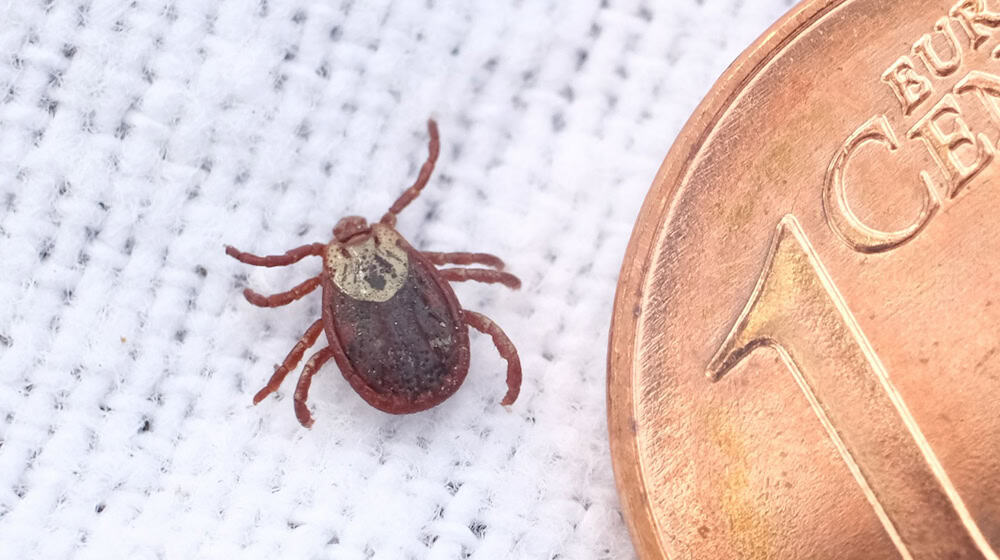In the past tick season, 63 cases of tick-borne encephalitis (TBE) were registered in Saxony, almost twice as many as in 2023. The Ministry of Social Affairs speaks of a "significant increase" compared to previous years. A total of 60 people were infected in the Free State of Saxony, two in Austria and one elsewhere in Germany. While 36 of those affected suffered from flu-like symptoms and headaches, 27 people had neurological symptoms - i.e. inflammation in the brain.
In view of this development, Social Affairs Minister Petra Köpping (SPD) advises the TBE vaccination. It is the best protection against a serious infection, especially for people who spend time outdoors in risk areas. With the exception of the city of Leipzig and the districts of Leipzig and North Saxony, all regions of the Free State are classified as such.
In 2024, there were hundreds of cases of Lyme disease
Tick season in Germany is usually from March to October. The little animals can transmit various pathogens such as Borrelia and the TBE virus. In 2024, 1,628 cases of Lyme disease were reported, one of the most common tick-borne diseases that can affect various organs. Other pathogens such as rickettsia, babesia or the Alongshan virus usually lead to mild and often flu-like symptoms.
Clothing that covers bare skin on the arms and legs and anti-tick products help to prevent bites. And removing ticks quickly can prevent a Borrelia infection, which can only be transmitted a few hours after the bite. Lyme borreliosis is usually treated with antibiotics.
Vaccination rate is too low
According to the Ministry of Health, a higher vaccination rate could prevent the majority of TBE cases. The current rate is only around 19 percent. Most of those affected in the past five years were not or incompletely immunized - only one 65-year-old had full vaccination protection.
Copyright 2025, dpa (www.dpa.de). All rights reserved










